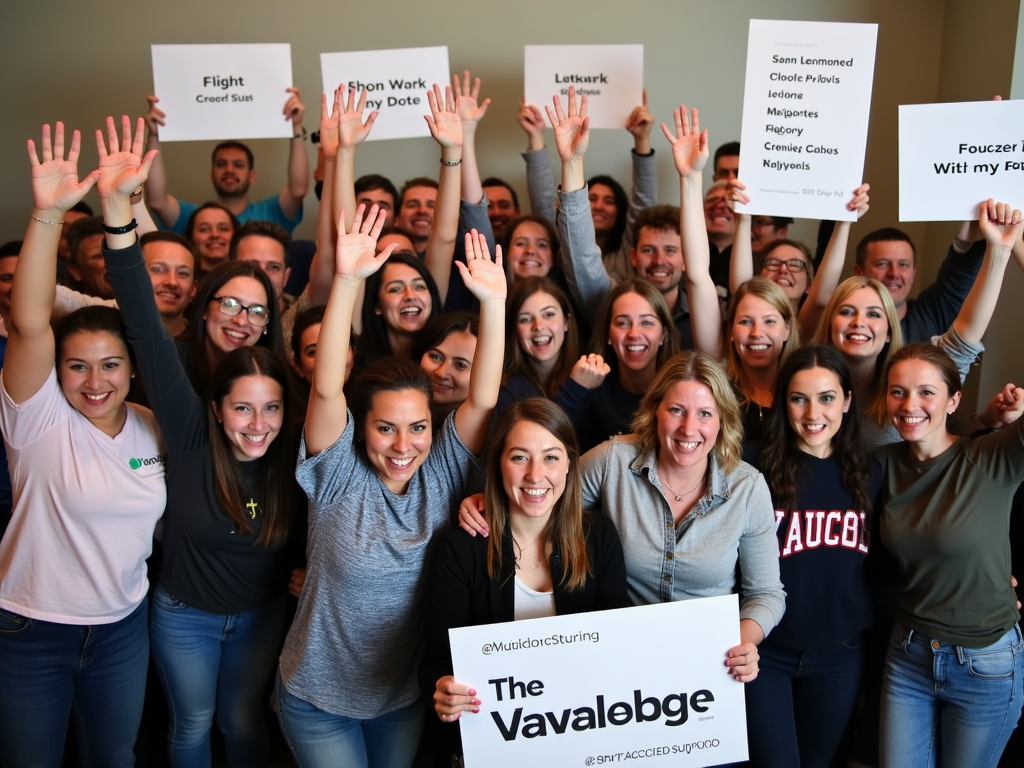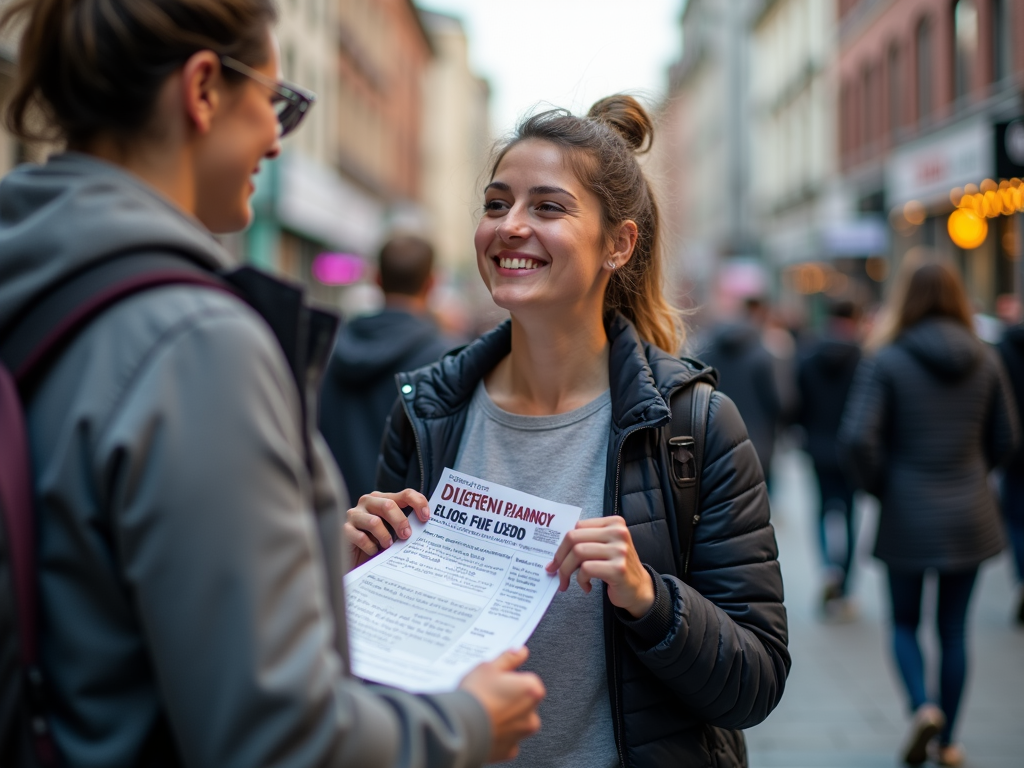Why Volunteers Are the Heart of Advocacy
By , May 26, 2025
Volunteers are the lifeblood of advocacy efforts, bringing passion, dedication, and a personal touch to causes that matter. Their involvement can make the difference between a campaign that fizzles out and one that creates real change. In this article, we'll explore why volunteers are so crucial to advocacy, the roles they play, and the strategies that make their efforts effective. We'll also share real success stories that demonstrate the power of volunteer-driven advocacy.

Roles and Responsibilities
Advocacy volunteers take on a variety of tasks, each crucial to the success of the campaign. These can include:
- Organizing Events: Volunteers often plan and execute events such as rallies, workshops, and community meetings to raise awareness and mobilize support.
- Spreading Awareness: Through social media, flyers, and word-of-mouth, volunteers help spread the message of the advocacy campaign to a wider audience.
- Lobbying Decision-Makers: Volunteers may meet with local officials, write letters, or make phone calls to advocate for policy changes.
- Fundraising: Raising funds is often necessary to support advocacy efforts, and volunteers play a key role in organizing fundraising events and campaigns.
- Research and Data Collection: Volunteers may help gather data and conduct research to support the advocacy campaign's goals.
These roles are essential because they leverage the unique skills and connections of volunteers, who often have deep roots in the community and a personal stake in the cause.

Strategies for Effective Advocacy
Effective advocacy requires a strategic approach. Here are some key strategies that volunteers can use to maximize their impact:
- Building Relationships: Advocacy is about people, and building strong relationships within the community is crucial. Volunteers can connect with local leaders, organizations, and residents to build a network of support.
- Leveraging Social Media: Social media platforms are powerful tools for spreading awareness and mobilizing support. Volunteers can use these platforms to share information, engage with followers, and organize events.
- Collaborating with Other Organizations: Partnering with other organizations that share similar goals can amplify the impact of advocacy efforts. Volunteers can help facilitate these collaborations by reaching out to potential partners and coordinating joint initiatives.
For example, the "Save Our Park" campaign in [City Name] successfully used these strategies to prevent the development of a local park. Volunteers built relationships with community members, used social media to rally support, and collaborated with environmental organizations to advocate for the park's preservation.

Real Wins: Community Advocacy Success Stories
One inspiring example of volunteer-driven advocacy is the "Clean Water for All" campaign in [Region Name]. Volunteers from diverse backgrounds came together to advocate for clean water access in underserved communities. Through their efforts, they successfully lobbied local governments to invest in water infrastructure, resulting in improved water quality for thousands of residents.
Another success story is the "Education Equity Initiative" in [School District Name]. Volunteers, including parents, teachers, and students, worked tirelessly to advocate for equitable funding and resources for schools in low-income areas. Their advocacy led to policy changes that have since improved educational outcomes for students across the district.
These stories demonstrate the power of volunteers in driving real change through advocacy.

Summary
Volunteers are the heart of advocacy, bringing passion, dedication, and a personal touch to causes that matter. Their roles and responsibilities are crucial to the success of advocacy campaigns, and their strategic efforts can lead to real wins for communities. If you're inspired by these stories, consider getting involved in advocacy efforts in your own community. Your voice and actions can make a difference.